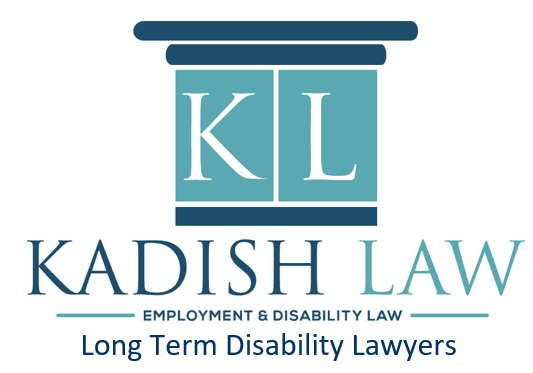Can I be terminated while on short or long term disability?
In addition to the stress of dealing with one’s health while on sick leave and with the disability insurance company, one of the first concerns facing many employees commencing sick-leave from work is “is my job protected?” or “Can I be fired or terminated when I go on sick leave?”
The Human Rights Code of Ontario protects individuals in specific situations from discrimination. One of the protected grounds under the Human Rights Code of Ontario is Disability. This means that an employer cannot target an employee for termination due to their disability. The Employment Standards Act (similarly the Canada Labour Code) also confirms that employees are entitled to unpaid sick-leaves under certain conditions.
This does not necessarily mean that an employer could not terminate – or attempt to terminate – an employee who happens to be in sick-leave. An employer might allege, for example, that it had already planned to terminate an employee before they were notified of the disability due to poor performance or general restructuring. Another scenario our employment and disability lawyers have encountered when an employer shuts down an entire department, thereby terminating an employee who was a member of that department despite their being off work on long-term disability at the time.
Frustration of Contract
When an employee is out of work for an extended period of time, an employer might also assert that the employment contract has been “frustrated” bringing the employment relationship to an end. Although this may not be obvious to those outside the legal profession, this is different from a regular termination of employment.
If an employee is disabled from their employment for a long-enough period of time that the employee is no longer able to fulfill the basic obligations associated with the employment relationship for the foreseeable future the employer’s duty to accommodate will end. The obligation (or onus) to prove that a frustration has taken place falls upon the employer.
Often individuals will assume that a frustration can take place after an employee has been on long term disability for at least one year, or two years. In reality the legal test for frustration is more complicated than that, and can involve a number of factors including the specifics of one’s employment contract, the expected duration of the absence due to sickness/disability, the nature of the employment, the employee’s length of service, the role the employer may have played in the development of the disability, and whether the employer gave the applicant a warning that their continued employment was in jeopardy.
If you are concerned that your employer may attempt to terminate your employment while off on sick-leave or to assert frustration and end your employment contract, you should discuss your case with an experienced disability and employment lawyer to review your options and ensure that your rights are protected.
